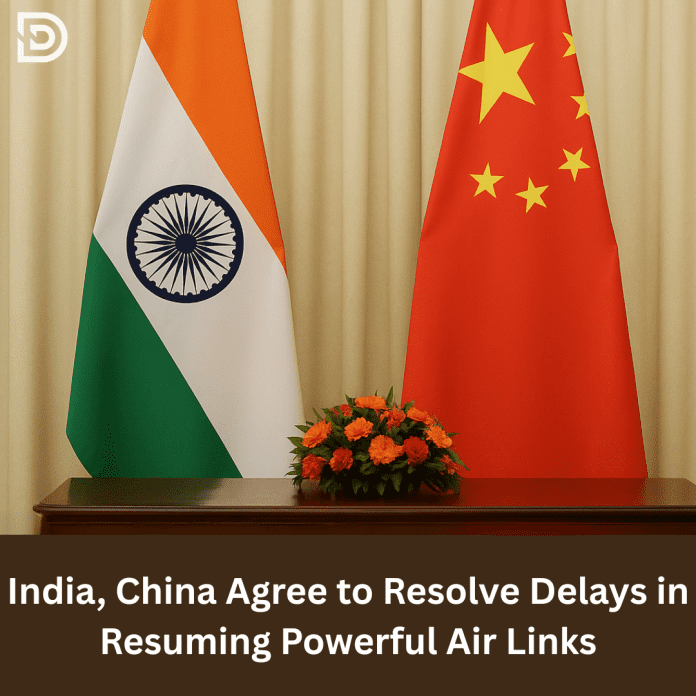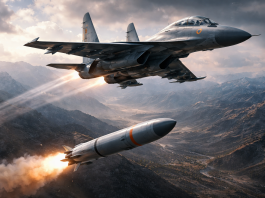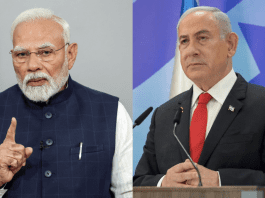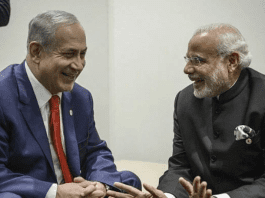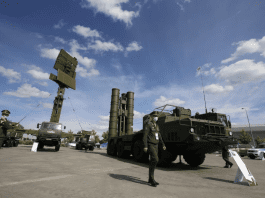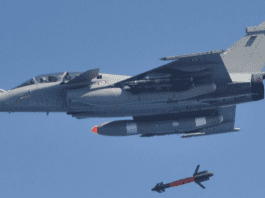India and China are working to bring back direct air travel between the two countries.
Talks Between Top Officials Mark a Key Move
This decision came after an important meeting in New Delhi between India’s Foreign Secretary Vikram Misri and China’s Vice Foreign Minister Sun Weidong. The meeting was held on June 13 during Sun’s two-day visit to India from June 12–13, as confirmed by the Ministry of External Affairs (MEA).
This was not the first time these two diplomats met. Earlier, they had discussions in Beijing on January 27, 2025. During this recent visit, both sides looked back at what had changed since their last meeting. They agreed on one clear thing — it’s time to stabilise and rebuild their relationship, with a strong focus on people-to-people connections.
One major part of rebuilding ties involves making it easier for people to travel. Both countries agreed that restarting direct air services is an urgent step. They want to act quickly and take all the steps needed to make this happen.
The Indian Foreign Secretary also mentioned that he hopes for a quick agreement on an updated Air Services Agreement. This would make air travel rules more clear and better suited to today’s needs.
India Furious After Israeli Army Depicts J&K as Pakistan; IDF Apologizes
Focus on People-Centered Efforts and Peace
The conversation between the two nations was not limited to just air services. Misri and Sun also talked about various efforts to help people from both countries connect more easily. This includes simplifying the visa process and encouraging exchanges between journalists, researchers, and think-tanks.
One of the most appreciated moves discussed was the resumption of the Kailash Manasarovar Yatra, a pilgrimage that many Indians undertake to a sacred site in Tibet. The Indian Foreign Secretary thanked China for supporting the reopening of this route in 2024.
They also talked about something important to people living near the borders — the cooperation on trans-border rivers. Earlier this year, in April, a meeting of experts was held to talk about how to share water-related data. India showed hope that China would now take action and provide that information, which is useful for flood control and planning in Indian states.
On top of this, both sides took note of the ongoing celebrations of the 75th anniversary of diplomatic ties between India and China. They agreed to support and help with events planned under this anniversary year.
Chinese Readout Acknowledges Progress and Sympathy
Soon after the meeting, China’s Ministry of Foreign Affairs shared its own version of what took place. According to their statement, Sun Weidong also met with India’s National Security Advisor Ajit Doval. During this interaction, Sun expressed condolences over the tragic air crash in Gujarat on June 12, which had caused several deaths. This gesture was noted as a sign of sympathy and goodwill.
India’s S-400 Air Defense System Stops Missiles and Drones — But Each Intercept Costs $1.75 Million
The Chinese readout also mentioned that Sun believes India-China relations are on a path of recovery. According to him, both countries have worked hard to maintain a “hard-won momentum” — meaning progress has not been easy, but it’s happening.
Both Misri and Sun had what they called a “candid and in-depth exchange” of views. This means they spoke openly and thoroughly on many matters. Their discussion touched not just on travel and people-to-people ties, but also on important international and regional issues that matter to both nations.
There was no mention of any military or border-related issues in this meeting, suggesting the focus was squarely on civilian exchanges and rebuilding trust through practical steps like travel, visas, and communication.
For now, the big takeaway is that direct flights between India and China are likely to return soon, as both countries have agreed to move fast and take concrete steps. While no official date has been announced yet, the decisions made in this meeting lay the groundwork for the return of air services — something that will benefit travelers, students, businesspeople, and families alike.

